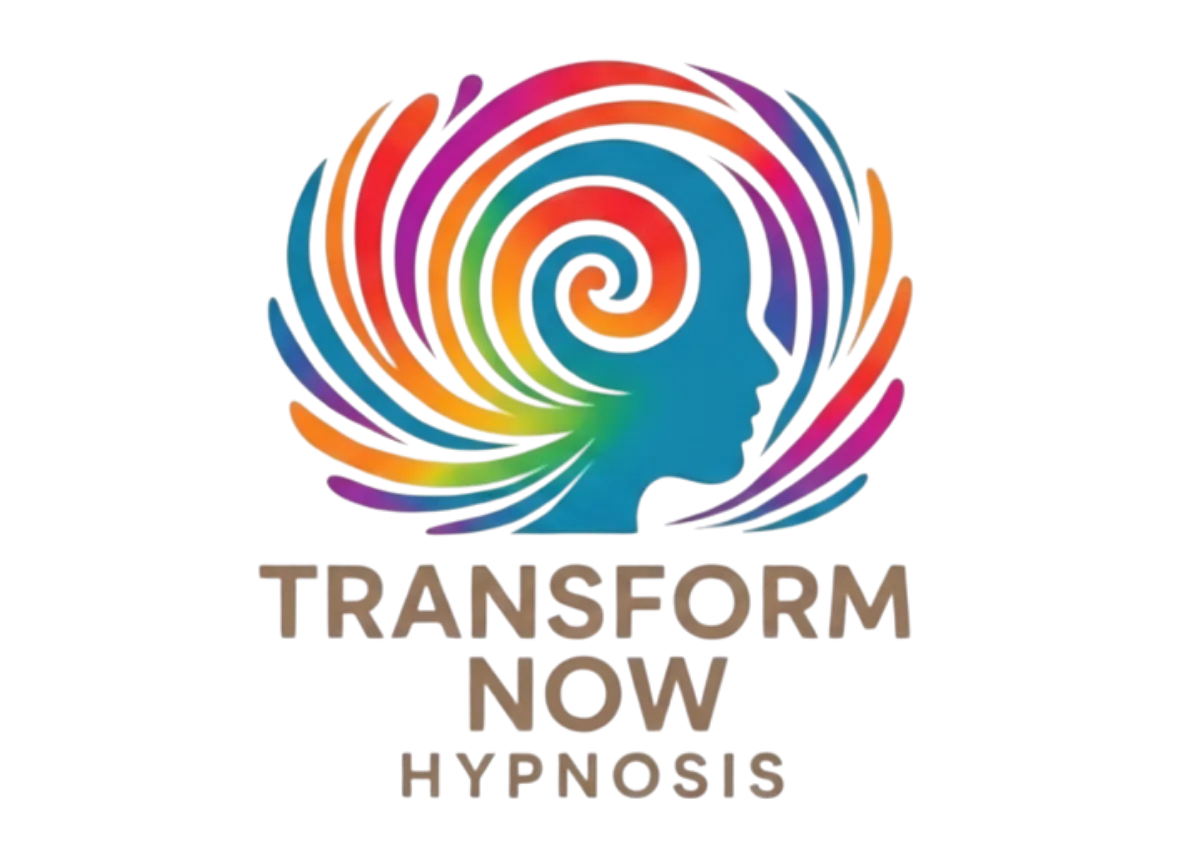Transform from Within
Discover What’s Possible with Hypnosis
Every session is designed to help you release what’s heavy, restore balance, and reconnect with peace.
Hypnosis is more than deep relaxation — it’s a powerful, evidence-based method to help you access your subconscious and create meaningful change. Whether you’re seeking calm, confidence, or emotional freedom, these sessions are thoughtfully designed to meet you where you are.

Stress & Anxiety Relief
Find stillness and regain control of your mind.
Fears, worries, and overthinking can weigh heavily on your daily life. Hypnosis helps you access a peaceful mental state where tension releases and clarity returns. By quieting subconscious triggers, you can retrain your mind to respond calmly to stress.
Benefits:
Release mental tension and emotional overload
Reframe negative thought patterns
Strengthen emotional resilience and focus
“After just a few sessions, many clients describe feeling lighter, calmer, and more present.”

Sleep & Relaxation
A Journey to Restful Nights
If you struggle to fall asleep, wake frequently, or can’t quiet your thoughts, hypnosis helps restore your body’s natural rhythm. It guides the mind to slow down, unwind, and reconnect with the deep rest you’ve been missing.
How it Helps:
Promotes deep relaxation and better sleep quality
Reduces nighttime anxiety and racing thoughts
Reprograms your subconscious to associate bedtime with calm
“After just a few sessions, many clients describe feeling lighter, calmer, and more present.”

Confidence & Inner Strength
Step forward with courage and calm self-assurance.
Hypnosis helps reframe self-talk and reduce fear responses so you can act with clarity.
Benefits:
Build calm self-assurance
Reduce overthinking in high-stakes moments
Strengthen follow-through on goals
“Confidence doesn’t come from trying harder — it comes from remembering who you truly are.”

Healthy Habits & Weight Change
Break free from patterns that hold you back.
Hypnosis helps you rewire the subconscious associations that drive emotional eating, procrastination, or unwanted habits. You’ll replace old routines with empowering new patterns that align with your goals.
Benefits:
Create lasting, healthy habits
Address emotional triggers around food or behavior
Build consistency and self-compassion in change
Transform your habits from the inside out.

Emotional Healing & Relationships
Heal, release, and reconnect — with yourself and others.
Relationships can carry echoes of old wounds or unspoken emotions. Hypnosis provides a safe space to explore these deeper patterns, allowing forgiveness, trust, and compassion to flow again.
Focus Areas:
Healing from past heartbreak or loss
Releasing resentment and emotional blocks
Strengthening empathy, trust, and understanding
“When we heal within, our relationships begin to heal around us.”

Overcoming Fears & Phobias
Step out of fear and into freedom.
Hypnosis gently helps you uncover the subconscious root of your fears and reframe them into strength and understanding. Whether it’s fear of flying, driving, public spaces, or inner anxiety, this work restores confidence and calm.
Approach Includes:
Identifying the emotional root cause
Reframing limiting beliefs
Desensitizing fear responses through relaxation and guided visualization

Relationship & Communication Healing
Cultivate harmony, empathy, and connection.
Healing from past heartbreak or loss; rebuilding trust; releasing resentment; increasing compassion and communication.
What You’ll Experience:
Heal emotional wounds and rebuild trust
Strengthen empathy and understanding
Develop self-awareness and emotional openness
Healthy communication starts with a peaceful mind.

Quit Smoking Program
Break free from nicotine — naturally and confidently.
Hypnosis retrains your subconscious to disconnect smoking from stress and habit, helping you regain control with ease and clarity.
Program Highlights:
Remove subconscious triggers that cause cravings
Strengthen commitment and self-belief
Replace smoking with relaxation and empowerment
Healthy communication starts with a peaceful mind.
Every Transformation Begins with One Decision.
Your path to calm, confidence, and clarity begins now.
Certified Hypnosis Practitioner • 20+ Years Helping Clients Heal and Thrive
